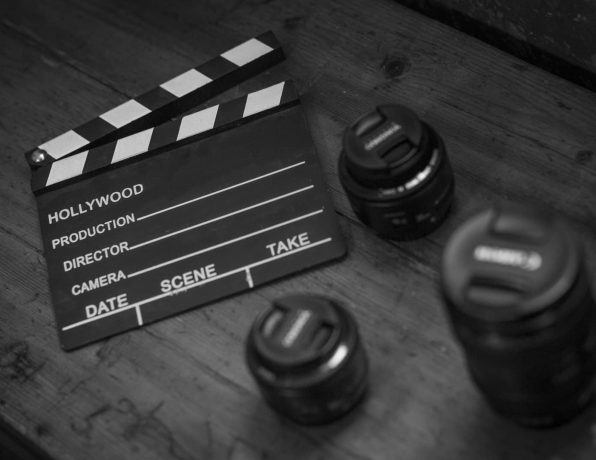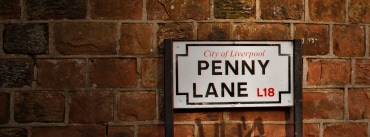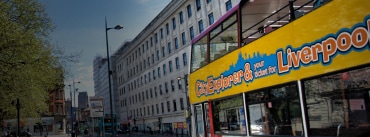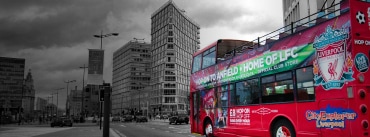The Beatles have already been dissected in countless ways. Over the years, hundreds of books, films, and podcasts have tried to unpack what led those four lads from Liverpool to become the biggest band in the world.
It felt like fans and historians had already squeezed every last drop from the juice of charisma, success, and controversy that could possibly be wrung out of the Fab Four. That’s why, when Peter Jackson announced he was making a documentary about the band, few people thought it would be a hit or reach beyond the Beatlemaniac bubble.
The production, however, turned out to be something completely different. Instead of another glossy recap of their greatest hits or yet another dramatised tale of their rise and fall, Get Back gave us a rarer experience: a front-row seat to their creative process, their banter, their tensions, and the sheer magic of watching songs being born in real time.
Instead of trying to create an entirely new film about the Beatles from scratch, Jackson took the opposite route. He just let the footage breathe. And in doing so, he managed to make the Beatles feel human again. In the film, John, Paul, Ringo, and George are shown as just four scousers trying to make something work. The result we all know, but the process was long, unpredictable, and full of stops and starts.
Inside the Studio, Not the Story
Unlike almost every book, article, or TV programme we’ve seen about the Beatles, Peter Jackson’s Get Back refuses to tell us their story. Instead, the documentary lets us sit there with them, like a sound technician watching history being made.
But with one privilege: we are, in front of the TV – or rather, in that music studio – fully aware that we’re watching one of the greatest artistic creations ever take shape, while also carrying the weight of knowing that this creation comes with boredom, anger, admiration, and disgust. The kind of emotional mess only people who’ve lived in a truly symbiotic relationship with their best mates can recognise.
Get Back landed right after the pandemic, at a time when the world was still shaky and starved for something that felt safe, familiar, and warm. It came as a reminder of a different era, one that felt slower, more grounded, maybe even a bit simpler.
In a world that had just been flipped upside down, Get Back gave us something steady to hold on to: four old friends trying to make music together, one quiet day at a time.
The formula is simple because their friendship was simple, and Get Back spells it out in everyday moments. For instance, when Paul starts noodling the bass for “Get Back,” he’s riffing, waiting for a response, and George jumps right in with that guitar fill. Ringo plays along, John adds the final chord, and suddenly a song is born. It’s creative alchemy, yes, but also four friends riffing off each other in real time.
In another moment, George abruptly announces he’s leaving the session and mentions he will go back to Liverpool. It’s a small moment, but it shows how Liverpool still represents a kind of emotional home base, a place to escape to when things get too much.
The others don’t panic. Paul suggests calling Eric Clapton, John cracks a joke, and Ringo shrugs. Eventually, George returns. How many times have we gone through the same thing with our own mates, during a school project, a kickabout, or any group effort? There is no drama, just an honest moment between pals figuring out how to work and laugh it off.
What Get Back Really Shows
For all its nearly eight-hour runtime, Get Back doesn’t exactly deliver shocking revelations. In fact, what it offers has been known for years, at least to anyone who’s paid attention to the Beatles’ history beyond the surface. Still, there’s something powerful about seeing it all unfold in real time.
The film quietly dismantles a few long-standing myths. The idea that the Beatles were constantly miserable or at each other’s throats by 1969 doesn’t hold up when you’re watching them laugh, jam, and create together. Yes, there are divergences, like when George Harrison tells Paul he will play whatever Paul wants, or nothing at all if he wishes that too. But these disagreements are nothing more than family squabbles.
Yoko Ono, often blamed for the group’s breakup, also comes across differently. She’s present, yes, but never intrusive. Most of the time she’s quietly reading, knitting, or simply sitting beside John. And when Paul jokes that “it’s going to be such an incredible sort of comical thing, like, in fifty years’ time, you know: ‘They broke up ’cause Yoko sat on an amp.’”, it’s simply hilarious.
More than anything, Get Back strips away the drama and lets us watch something much rarer: a creative process that’s chaotic, ordinary, and extraordinary all at once. No voiceover telling us what to think. No narration filling in the blanks. Just four scousers trying to make music, with all the love, tension, and familiarity that comes with it.




















